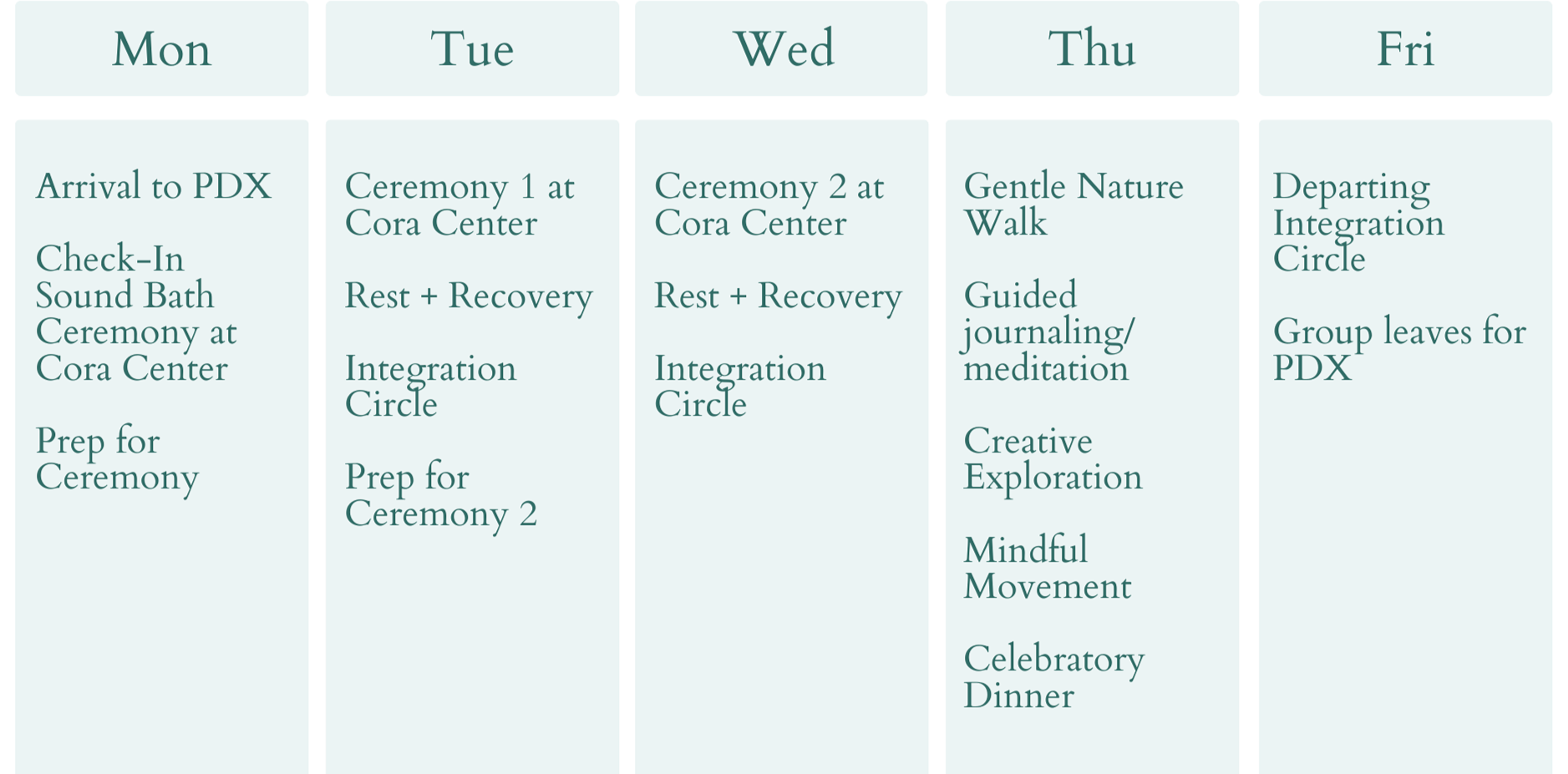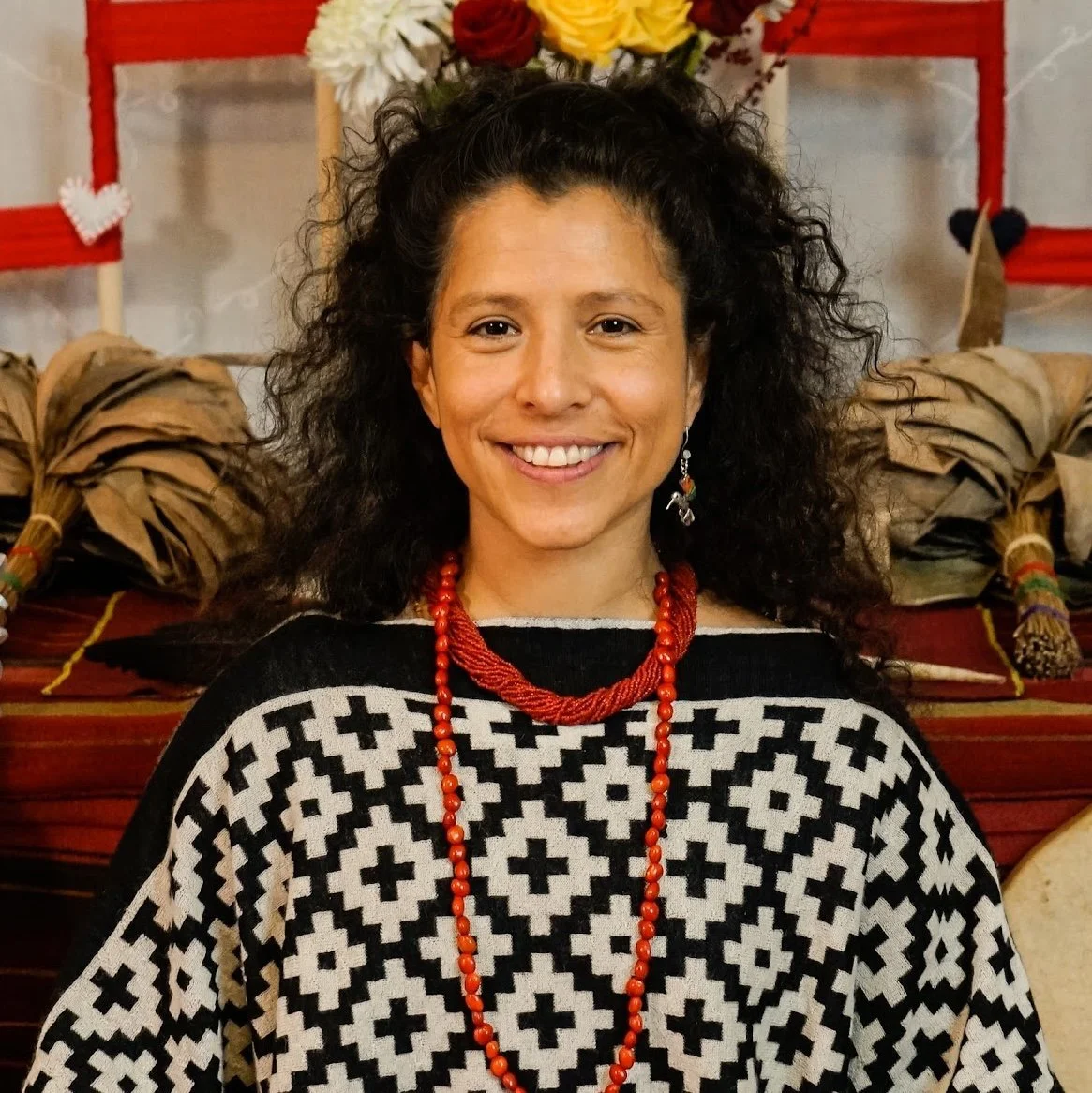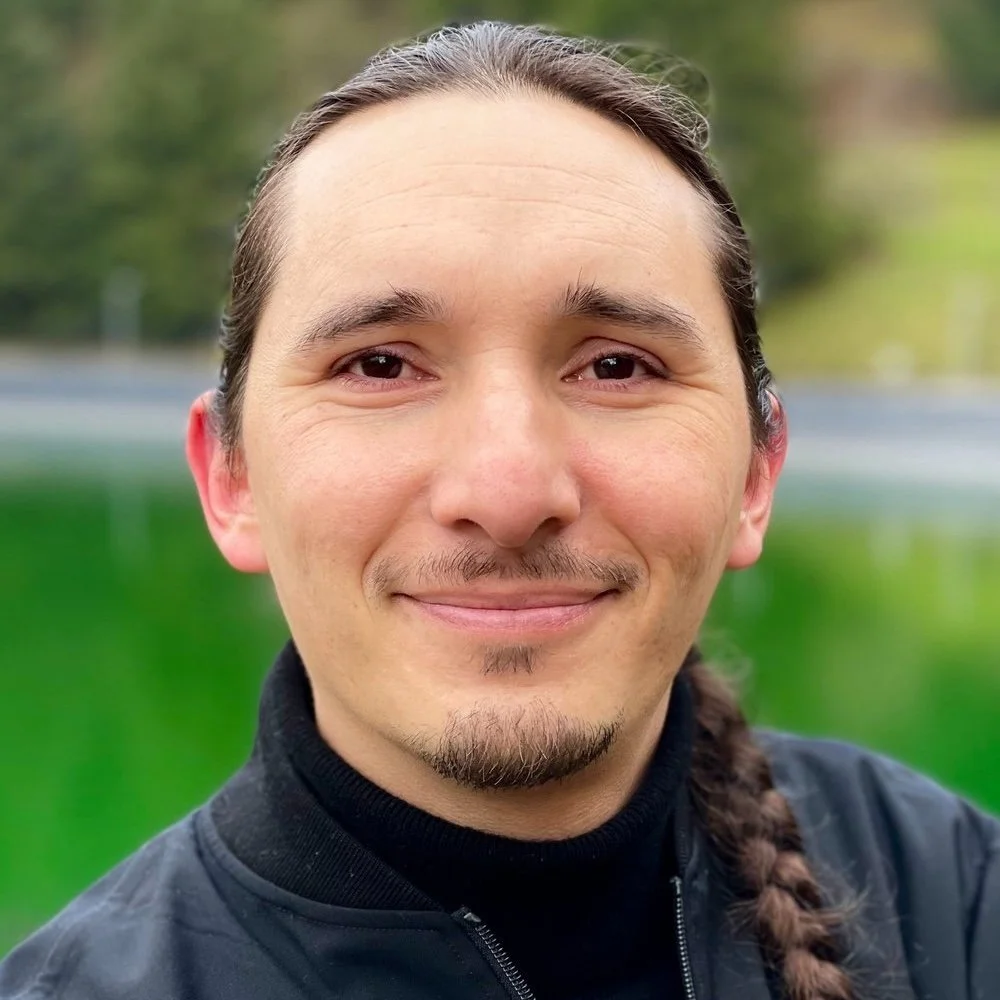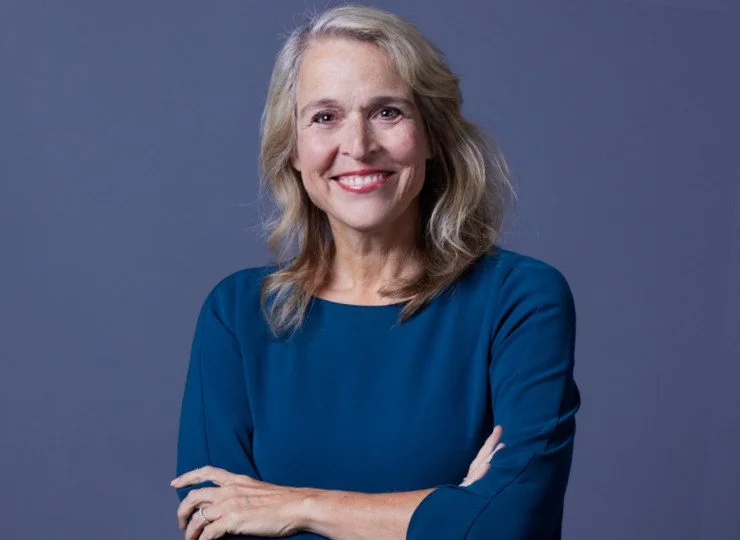
We are living in a moment of deep unraveling — of systems, identities, existential assumptions, and inherited strategies for holding it all together. Jewish leaders, like so many others, are being asked to lead through this uncertainty, to hold complexity with care, and to sustain vision without clear maps. And they are often doing so without spaces for their own nourishment, grief, or inner reckoning.
To help support this critical moment in American Jewish life, we are honored to offer The Idra Project–a week-long, legal psilocybin retreat for small cohorts (4-6 individuals) of Jewish community leaders ready to open, reflect, and reweave connection — to self, to tradition, to one another, and to something larger than themselves. This leadership retreat is not a summit or a strategy session. It is a protected circle, an idra–a sacred space of discernment at a time when Jewish leaders must be better resourced for a world which desperately needs their presence, humility, and moral imagination.
What Makes This Experience Unique
The Idra Project is Shefa’s first programmatic offering to access Oregon’s, legal statewide psilocybin service program, which was passed by voters in November 2020 and is now regulated by the Oregon Health Authority (OHA). The two psilocybin ceremonies for this retreat will take place at the Cora Center in Portland, a licensed psilocybin service center supervised by OHA, expertly facilitated by Cora’s staff in collaboration with Shefa to provide the highest levels of medical safety, cultural and spiritual responsiveness, and ethical consideration.
In a residential retreat setting in Portland’s, cohort participants will prepare for and integrate their psilocybin ceremonies together through shared spiritual practice, nourishing walks in nature, facilitated Jewish learning and conversation, kosher shared meals, and space for rest and recovery.
Because we are dedicated to having all of our offerings be data-driven, we will invite participants to complete optional, short, and anonymous surveys created by our scientific research advisory team before and after their experiences.
Who should apply?
We welcome applications from Jewish leaders, especially those who are:
Feeling a genuine need for this kind of space
Experiencing professional burnout
Facing financial constraints
Long drawn to this work but need a legal, structured setting to pursue it
Can meet the following criteria:
Fulfill the medical eligibility requirements set by the Cora Center team
Feel a deep personal calling to explore psilocybin-supported self-exploration within a Jewish communal framework
Able to fully commit to the entire arc: preparation, retreat, and integration
Are ready to show up with:
Openness
Curiosity
Care — for themselves and the group
What is Involved?
1. Applications & Screening
July 15 – August 6
Applicants complete written applications and meet with the Shefa and Cora Center teams for medical and psychological screening to determine eligibility.
2. Preparation
August 20 – October 10
Each participant receives two hour-long private sessions and two extended group sessions (2–3 hours each) with a Shefa coach and a Cora facilitator to support their preparation process.
3. The Idra Retreat
October 27 – 31
Cohort gathers in Portland for a five-day residential retreat, including two psilocybin journeys facilitated by Cora’s licensed team with support from onsite Shefa staff. The retreat includes daily opportunities to integrate, learn, grieve, celebrate, rest, and process together as Jewish leaders.
4. Integration
November 3 – 12
Post-retreat support includes two individual integration sessions and two group sessions, along with continued access to Shefa’s integration resources and community.
Pricing & Commitment
In deep gratitude to The Sheri Eckert Foundation and the Community Leaders Resilience Fund we are able to offer this retreat at a significantly subsidized rate.
Retreat Fee of $1,800 includes:
Application and interview
Cora Center medical screening
Logistics assistance with travel to and from Oregon and accommodation coordination
Shefa/Cora individual and group preparation sessions
All ground transportation
All shared meals (some prepared communally)
Retreat activities in-between ceremonies
Individual and group integration sessions
*Retreat fee does NOT include plant medicine or airfare (see FAQ for more details)
Participants are required to book and pay for their own travel to and from Portland, and will be picked up and dropped off at the airport together by the Shefa team.
Payment is due within seven days of acceptance to confirm your spot. Due to the limited number of participants and the depth of planning required, we are unable to offer refunds, though extenuating circumstances may be considered on a case-by-case basis.
This retreat is being co-curated by three organizations: Shefa as retreat provider, Cora as ceremony provider, and the Sheri Eckert Foundation as retreat sponsor. While working in unison, each has a separate application form to ensure compliance with their own processes. We thank you for your time and patience while going through each of these necessary steps.

We are no longer accepting applications for our October 2025 Retreat.
We’ll be announcing additional dates soon.
FAQ
-
The word Idra (from Aramaic, meaning “threshing floor” or “circle”) refers to the mystical gatherings described in the Zohar, where sacred truths were shared among an intimate group of seekers. The Idra Retreat humbly invokes this lineage of intimate, courageous inquiry in seeking personal and communal healing.
-
This is not a professional development seminar. It is not a summit or skills training. This is a container for deep personal work — a sanctuary in which Jewish leaders can soften the roles they hold in public and turn toward inner needs: for healing, honesty, and reconnection with Source.
-
Oregon Measure 109 created a regulated framework for supervised adult psilocybin services. All psilocybin sessions take place at The Cora Center, a state-licensed psilocybin service center, and are facilitated by trained, OHA-licensed professionals.
-
Participants ingest a personalized dose of psilocybin-containing mushrooms in a group setting with individual support. Doses and session plans are discussed in advance with licensed facilitators during the preparation phase.
-
Yes. Medical and psychological screenings are conducted to ensure safety and appropriateness for this work. Licensed psilocybin facilitators are present throughout each journey, along with Shefa’s spiritually grounded support team. The environment is carefully prepared to be safe, trauma-informed, and nurturing. We take your safety seriously.
-
The retreat is shaped by Jewish time, ritual, and spiritual care. Practices include:
Framing each day with Jewish wisdom and ritual in a pluralistic context
Integrating sacred texts, Hasidic and kabbalistic teachings
Creating a Shabbat-like atmosphere of resourcing and reflection
Kosher, vegetarian meals
Respectful space for a diversity of Jewish practice and orientation
-
Not at all. This retreat welcomes participants across the spectrum of Jewish belief, practice, and affiliation. What matters most is a sense of Jewish connection and a willingness to engage with our tradition as a living source of meaning, no dogma required.
-
We are making room for all types of needs with regard to observance. Communally, all food will be prepared with hekhshered items in a kashered kitchen. Individually, please reach out if there are particular issues you would like to discuss with our staff.
Application + Participation
-
That’s okay. Many participants will be first-timers. This retreat is designed for beginners and experienced journeyers alike. The key is openness and a sincere readiness to engage the process.
-
Before: 2 private sessions + 2 group prep sessions with Shefa/Cora staff
After: 2 private integration sessions + 2 group sessions, plus ongoing access to Shefa’s integration networkor rest time
-
No. To ensure the safety and integrity of the work, all participants are required to attend all preparation and integration sessions and commit to the full five-day retreat.
-
All participants, facilitators, and staff sign confidentiality agreements. Your participation will not be publicized. You may share your experience afterward if you choose, but the space is held in trust.
Cost + Commitment
-
$1,800 covers everything except psilocybin itself and your airfare. The fee includes preparation, retreat lodging, meals, transportation within Portland, and integration support. A portion of this fee helps support sliding-scale access and program development.
-
Oregon law requires that psilocybin be paid in cash by participants directly to the licensed service center. Instructions will be shared once accepted.
-
We are greatly appreciative of the Sheri Eckhart Foundations generous Community Leaders Resilience Fund scholarships which are making the Idra Project accessible to our community. At this time, we cannot provide more subsidies to participants.
-
Due to the small cohort size and depth of planning, the fee is non-refundable once accepted, except in extreme circumstances.
Logistics
-
Participants will be housed in a quiet, retreat home in Portland. Rooms are shared or private depending on need. The environment is comfortable, serene, and conducive to rest and reflection.
-
A typical non-journey day may include:
Morning prayer, meditation, movement, and singing
Kosher breakfast
Facilitated group learning and preparation/integration circles
Quiet time for reflection, journaling, or walking
Shared lunch and dinnerInformal offerings (songs, texts, poems etc.)
Evening group check-in or rest time
-
We encourage participants to unplug as much as possible during the retreat. Emergency contact information will be provided to loved ones. You’ll have access to your phone as needed, but the space is designed for deep presence and digital disconnection.
-
The home has stairs and limited ADA access. Please let us know your needs—we are committed to making participation possible for as many people as we can.
-
All meals are vegetarian and kosher. We can accommodate gluten-free, dairy-free, and other dietary restrictions. Please share details in your intake form.
-
Participants are required to book and pay for their own travel to and from Portland, and will be picked up and dropped off at the airport together by the Shefa team.
Sample Schedule

Who is leading the retreat?
Rabbi Zac Kamenetz
Rabbi Zac Kamenetz is the founder and CEO of the non-profit Shefa, the first Jewish organization to create spaces for healing and self-discovery in community by integrating Jewish wisdom with psychedelic practices. He holds a BA in Jewish Studies from the University of Maryland, an MA in Biblical Languages from University of California at Berkeley, and received rabbinic ordination from the Chief Rabbinical Authority of Jerusalem in 2012. Zac is trained in somatic psychedelic-assisted psychotherapy by the Hakomi Institute of California. Zac lives on Ohlone land in the Strawberry Creek Watershed called Berkeley, California with his wife and two children.
Claudia Cuentas, MA, LMFT
Claudia Cuentas (she/her) is a Peruvian marriage and family therapist, educator, and independent researcher specializing in trauma healing, cultural identity, and the decolonization of wellness. Trained in MDMA-assisted psychotherapy (MAPS) and ketamine-assisted therapy (Polaris Institute), she also holds an MA in Drama and Expressive Arts Therapy and is certified in Somatic Experiencing and Trauma-Informed Care. Rooted in her Aymara and Quechua heritage, Claudia has studied Indigenous healing for over 15 years and is authorized by her elders to teach these practices. She has worked extensively with immigrant and refugee communities, women survivors of violence, and underserved populations, including through her work at Conexiones in Portland, Oregon. Now in private practice, she collaborates with organizations like NAYA Foundation and Milpa Collective to provide integrative, community-based healing rooted in Indigenous knowledge. Claudia is also a singer-songwriter and founder of the Canta Colibrí Project.
Julián Jaramillo
Julián (he/him) is an Andean soul. Born and raised in Ecuador, he has trained extensively with his elders in the indigenous ways of his Chachi and Kichwa communities. Traditionally ordained as a Miruku, he has two decades of walking the path of the master plants and healing arts. Julian has practiced as a psychotherapist and a therapy trainer and supervisor in Ecuador for over ten years before moving to Portland in 2021, bringing the forgotten old ways into the lives of contemporary people in the WEIRD (western, educated, industrialized, rich and democratic) world. In his work, Julian supports individuals, families, and communities to awaken and cultivate their connection with a deeper sense of knowledge by supporting native —innate— wisdom, to reconnect with the Sacred, the body, the interconnectedness of all beings, and the necessity of caring for the whole. Julian combines training in process work, coaching, and his experience as a therapist to help clients let go of the noise of modern culture and mind that hinders authentic truth and community values, helping to develop relationship to the Self hidden within.
Chloe Jacobs
Chloe has been on the Shefa team for 3 years managing programs and communications. She is passionate about bringing embodied approaches to Jewish spirituality to both individuals and communities. She utilizes a wide range of media to make connections, including music, dance, theater, connection to nature, and more.
Medical and Research Advisors
Dr. Rachel Yehuda, Ph.D.
Rachel Yehuda, PhD, is an Endowed Professor of Psychiatry and Neuroscience of Trauma. She is also Director of Mental Health at the James J. Peters Veterans Affairs Medical Center. Dr. Yehuda is a recognized leader in the field of traumatic stress studies, PTSD, and intergenerational trauma. In 2019, Dr. Yehuda was elected to the National Academy of Medicine for her seminal contributions to understanding the psychological and biological impact of traumatic stress. In 2020, Dr. Yehuda established and now directs the Center for Psychedelic Psychotherapy and Trauma Research.
Dr. Roman Palitsky, MDiv, Ph.D.
Roman is Director of Research Projects for Emory Spiritual Health and a Research Psychologist for Emory University School of Medicine. His research program investigates the pathways through which culture and health interact by examining the biological, psychological, and social processes that constitute these pathways. In collaboration with Emory Spiritual Health, his research addresses cultural and existential topics in healthcare such as religion, spirituality, and the way people find meaning in suffering, as they relate to health and illness. His work has also focused on the role of religious and existential worldviews in mindfulness-based interventions, as well as implementation and cultural responsiveness of these interventions.








